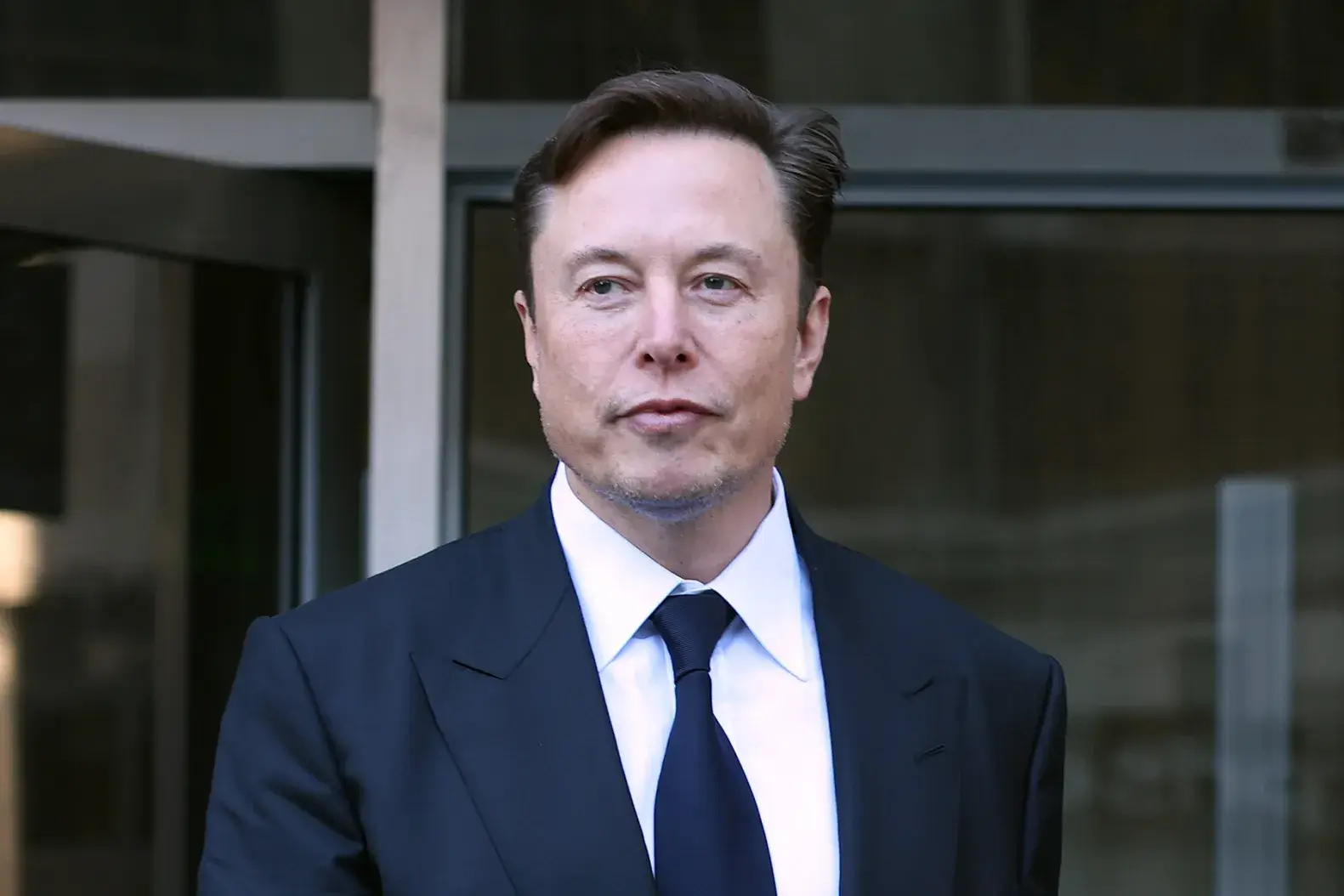Tesla's stock has experienced a significant downturn, sending ripples of concern through the investment community. Several factors have converged to create this challenging environment for the electric vehicle giant, with a recent and notable catalyst being the escalating conflict between Elon Musk and Donald Trump.
One of the primary drivers behind Tesla's stock decline is the increasing competition in the electric vehicle market. Traditional automotive giants and emerging startups are investing heavily in EV technology, offering consumers a broader range of choices. This surge in competition has put pressure on Tesla's market dominance, leading to concerns about its ability to maintain its high growth trajectory. Analysts have noted that Tesla faces "slower growth and rising risk" due to these competitive dynamics. Tesla has been cutting vehicle prices to maintain demand in key markets like the US and China, which has boosted short-term sales but reduced overall earnings, raising concerns among investors about long-term profitability.
Adding to these challenges are production and supply chain disruptions. Tesla has encountered bottlenecks that have hindered its ability to meet delivery targets, increasing operational costs and impacting profit margins. The company's ambitious expansion plans, including the development of new gigafactories, have also faced logistical hurdles, further exacerbating production issues.
Investor sentiment has also been affected by Elon Musk's increasing political involvement and controversial actions. Musk's vocal support of President Trump, including a significant financial contribution to his 2024 election campaign and subsequent appointment to lead the Department of Government Efficiency (DOGE), has alienated some existing and potential Tesla customers. Musk's leadership style has turned Tesla into a high-risk, high-reward investment. While his vision for autonomous vehicles and clean energy is compelling, the company's stock volatility and regulatory vulnerabilities reflect a lack of institutional safeguards.
The public feud between Trump and Musk has further intensified investor concerns. Disagreements over Trump's tax and spending bill, along with personal attacks exchanged on social media, have raised questions about Tesla's future prospects. Trump has even threatened to cut Tesla's government contracts in response to Musk's criticisms, adding another layer of uncertainty to the company's outlook.
The unravelling of Trump's "bromance" with Musk comes at the tail end of a rocky few months, as rumors swirled about closed-door clashes between the billionaire and the president's inner circle. In April 2025, Musk announced that he would be spending less time at DOGE. By that time, his role appeared to be diminishing, with the billionaire no longer dominating headlines or regularly appearing in the Oval Office.
Wall Street analysts have become increasingly polarized on Tesla's outlook, with price targets showing a remarkably wide spread. This divergence of expert opinion reflects the fundamental uncertainty surrounding Tesla's future growth trajectory and appropriate valuation metrics. Institutional investors, who typically provide stability during market volatility, have been reducing their Tesla positions, suggesting a more cautious approach to the company's prospects among professional money managers.
In addition to these factors, Tesla has been suffering from organized boycott campaigns in some regions. Sales have plummeted in key markets such as Germany, China, and Australia, further contributing to the stock's decline.
Given these challenges, analysts recommend a cautious approach to Tesla's stock. While short-term rallies may occur, long-term investors face structural risks, including regulatory blowback and execution uncertainty. Until Musk addresses governance gaps and delivers on promises, Tesla's stock is expected to remain a volatile investment, unsuitable for those seeking stable returns.

















